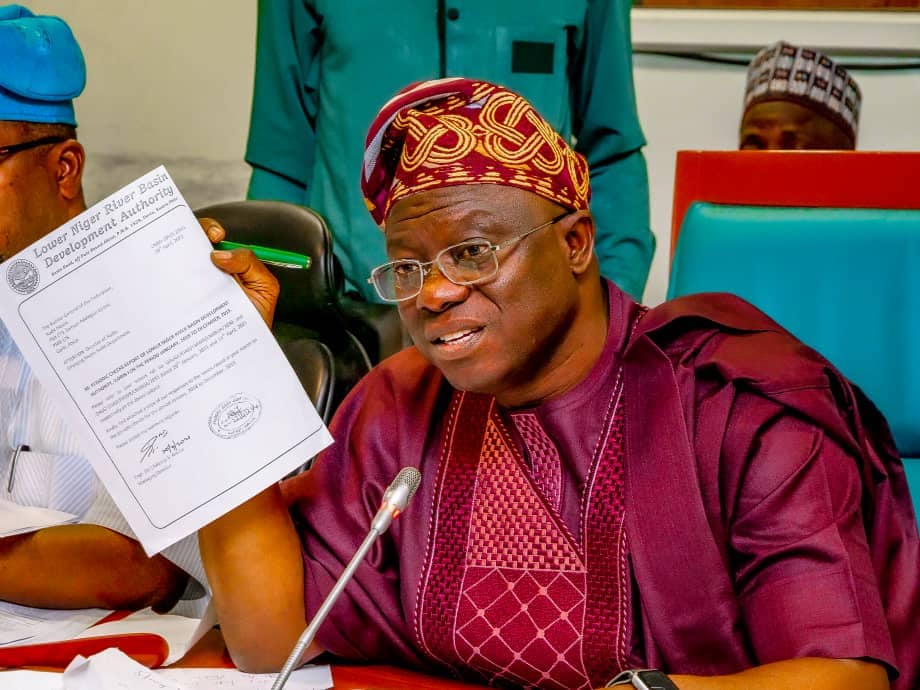
The Nigerian government said it is implementing different strategies to reduce emissions as contained in its Climate Change Act 2021.
Director General of Nigeria’s Climate Change Council (NCCC), Salisu Dahiru, disclosed that a carbon taxing policy and budgetary system will be implemented to penalise public and private entities exceeding emissions allowed by law.
“What will be the nature of these penalties, these penalties are going to be contained in another deliverable that the Climate Change Act has also requested the council to do,” Dahiru said after the inaugural meeting of the council chaired by President Muhammadu Buhari in Abuja.
Carbon taxes are environmental taxes levied on precise units of carbon by governments to reduce carbon emissions (through fossil-fuel-based energy) which occur as a result of the production or consumption of goods and services.
The United Nations’ estimates, as of May 2021, that 33 carbon taxes had been implemented by countries, including South Africa, to serve as a financial tool to fight climate change.
Under the arrangements, the federal government is expected to set a price which emitters would pay for every ton of GHG emitted over a certain period.
The tax, apart from helping to generate revenue for the government, is targetted at encouraging consumers to adopt the usage of environmentally friendly fuels, and new technologies and reduce emissions to avoid paying the tax.
Dahiru explained that with the president’s approval, the NCCC will develop a framework for a carbon tax system in Nigeria and look at where projects are being implemented in the country.
“These projects are capable of reducing overall carbon or greenhouse gas emissions. The harvest of these emissions reductions are normally contained in what we call an emissions reduction certificate, which can be translated into carbon credit, and then sold to potential buyers within the country and outside,” Dahiru said.
He also disclosed that the council has instructed the secretariat to develop the framework for carbon trading and the establishment of the climate change fund for Nigeria.
Dahiru noted that it will serve as the main source of revenue that will be used for running the council as well as to undertake projects that will help Nigeria to fulfil all its obligations as enshrined in the Nationally Determined Contributions (NDC) and the net zero target of 2060.
“The President also endorsed the Council as the Designated National Authority for the United Nations Framework Convention on Climate Change (UNFCCC) and the DG, NCCC as the UNFCCC National Focal Point, in line with the Climate Change Act 2021,” he noted.
On the net zero targets, the NCCC DG said the outlook of the council must reflect its mandate in terms of the way it runs its affairs. He explained that the structure should be as green as possible, and also be a net zero building in terms of the carbon emissions that could be associated with it.
“This means that the office complex must be seen to clearly demonstrate our commitments to renewable energy compliance for the main building and also reduction on its overall operations. And limiting, for instance, the use of paper, which we know comes from trees that have fallen,” he said.











